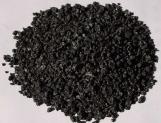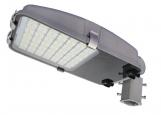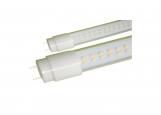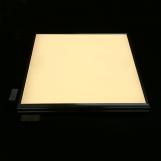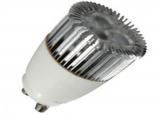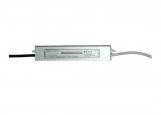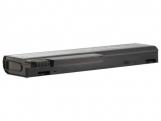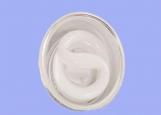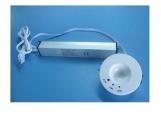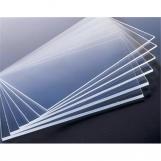
You will be redirected to our homepage in 20 seconds, or you can go to OKorder.com directly.
We' ve got millions of products and suppliers from around the China here on OKorder.com. Why not try your search again?or
Browse our products by category
Find out more about what OKorder.com has to offer.
Have questions? Comments? Contact our customer service department about your experience at OKorder.com and we will respond to you within 24 hours.
